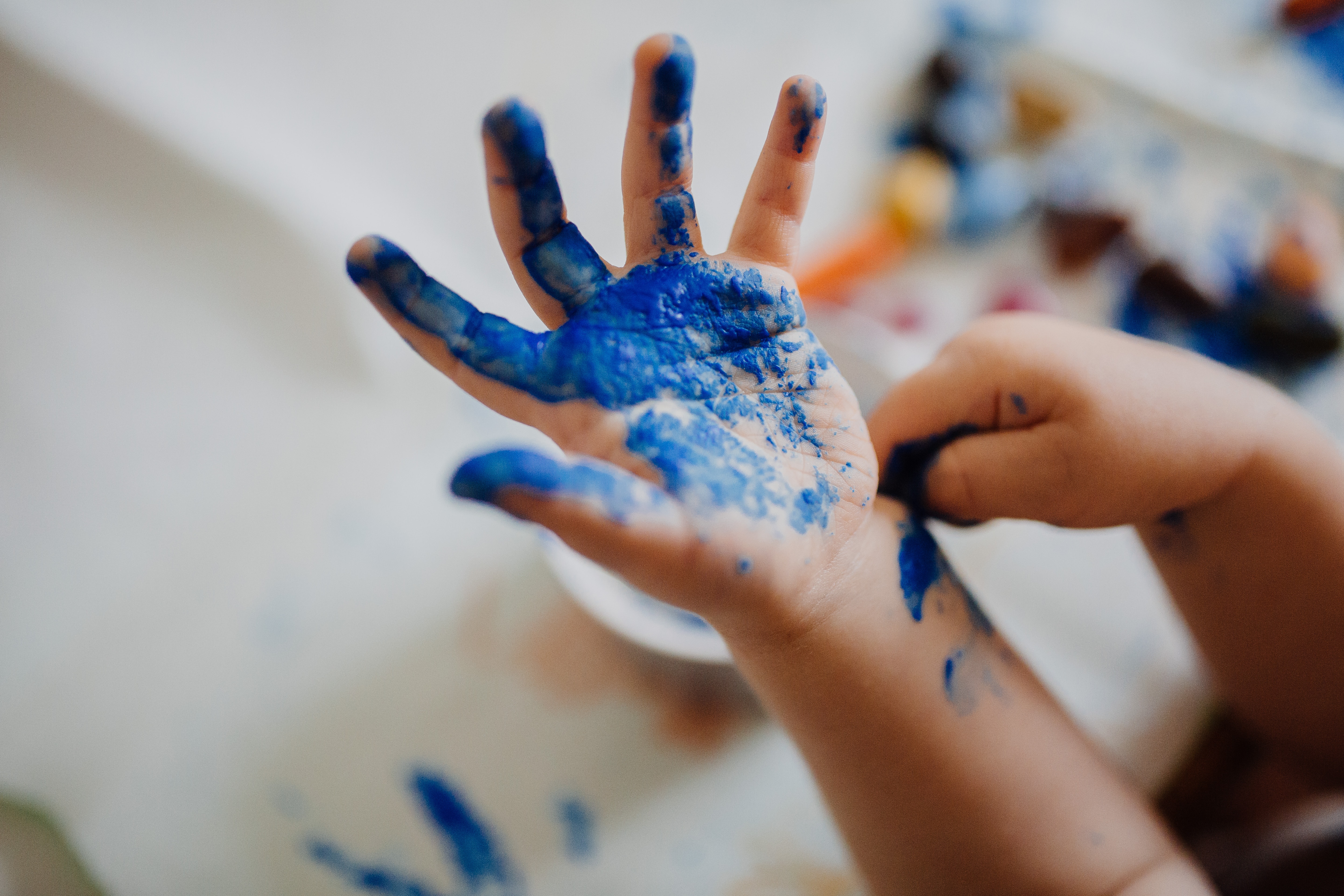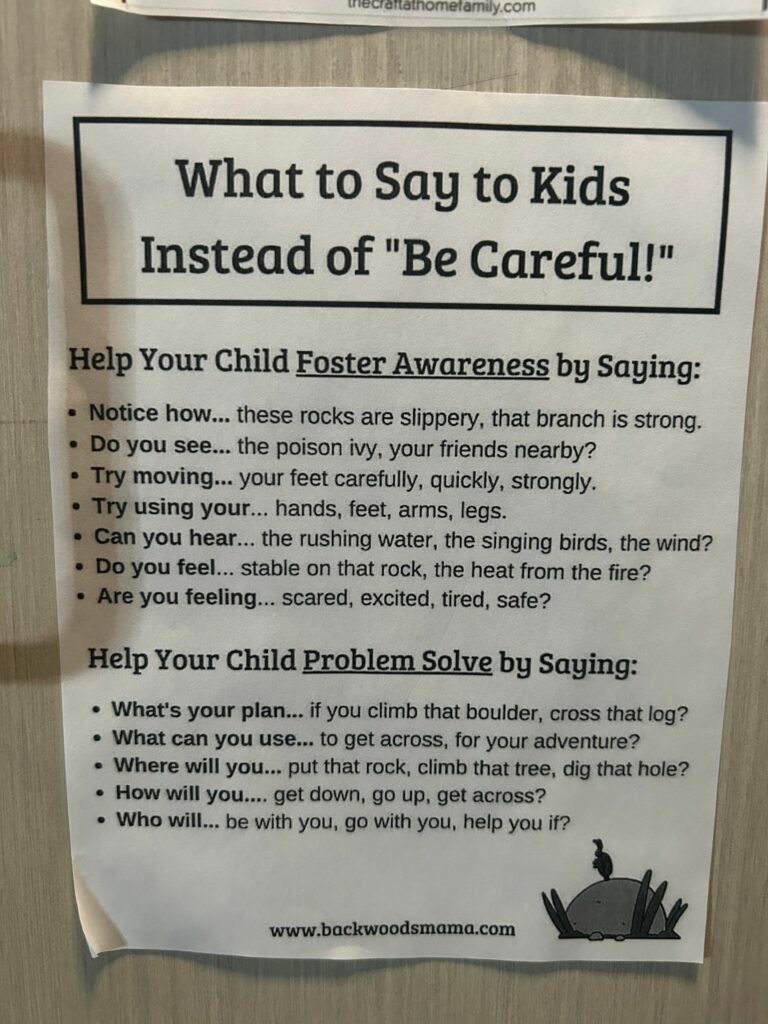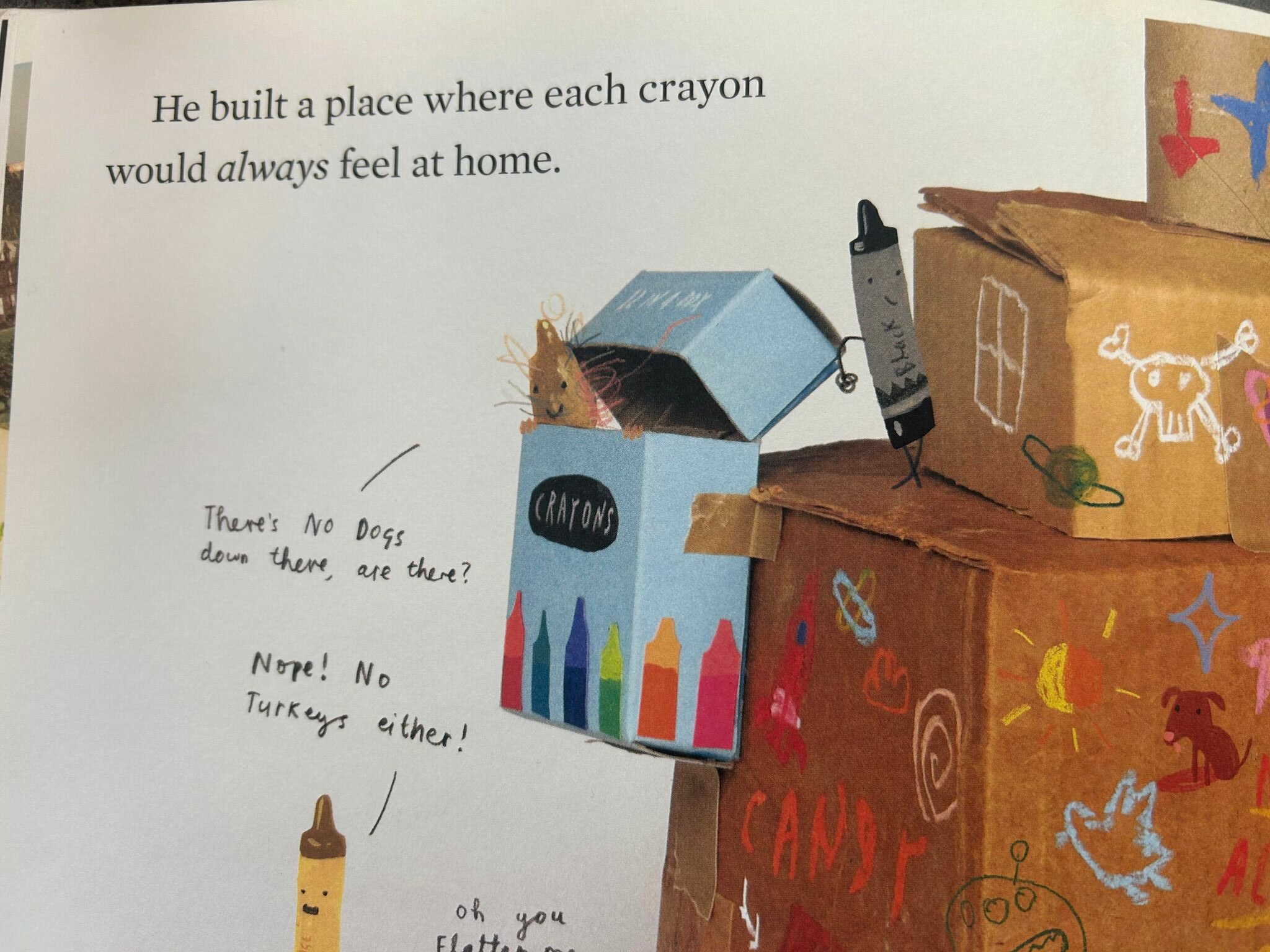I believe inclusion is the policy of providing all children with equal access to opportunities and resources. I will create inclusive spaces that create conditions for children to use their body to the best of their abilities. All children deserve a space to use their bodies and minds in ways that value them every day. I will continue to advocate for inclusive policies. It is my responsibility to create safe, flexible environments for all children. It is my job to educate myself through parental interactions, conversations with colleagues, and research as well as training. I do this by creating healthy, communicative relationships with parents and caregivers. By communicating with caregivers, I establish fluidity between daycare and home life. I will also be able to create an exciting and inclusive environment. I instill positive self-awareness, and comfort by welcoming all children into my space. I will continue to enrich their lives by teaching and modeling compassion, kindness and acceptance. I believe the best way to empower the new generations is by exposing them to differences in positive ways. By demonstrating acceptance in our early years programs, we create future avocators, and instill inclusion in the next generation.
I believe that ECE’s have a duty to be educated to work with special needs children. I believe there is a vast need for educators to understand children with special needs. I believe that we should not allow ECEs to work in the field without being fully qualified. This will happen when it is no longer optional to take Special Needs Education. When education is optional, then inclusion is optional. In order to make education accessible to all children, all educators need to take their special needs education. School teachers cannot teach without finishing school, so ECEs should not be able to work as or be paid as ECEs without all of the credentials. Being thoroughly educated, allows me to advocate confidently for the children in my care. This gives everyone the same opportunities within our programs.
Resources:
Elkins, A. (n.d.). Creating a yes! environment: Supporting creativity and exploration. Retrieved from https://www.naeyc.org/resources/pubs/tyc/feb2019/supporting-creativity-exploration
Merrick, B. (2022, November 23). Friedrich Froebel. Early Education. https://early-education.org.uk/friedrich-froebel/
San Francisco State University. Friesen, Amber. Kucskar Mitsch, Maryssa. Du, Karina.(Summer 2022). Advancing Equity and Inclusion in Early Childhood Education.
Shannon, Crystal. (2021, June 7). “there’s nothing here”: Perspectives from rural parents promoting safe active recreation for children living with autism spectrum disorders. Research in Developmental Disabilities. https://www.sciencedirect.com/science/article/pii/S0891422221001475?via%3Dihub
Suzanne Carrington.TED Talk.(2021). The truth about special education. YouTube. Retrieved January 22, 2024, from https://youtu.be/ygLVswDBCjU?si=DQoKgRkO3J-Q6-bX.



Leave a Reply